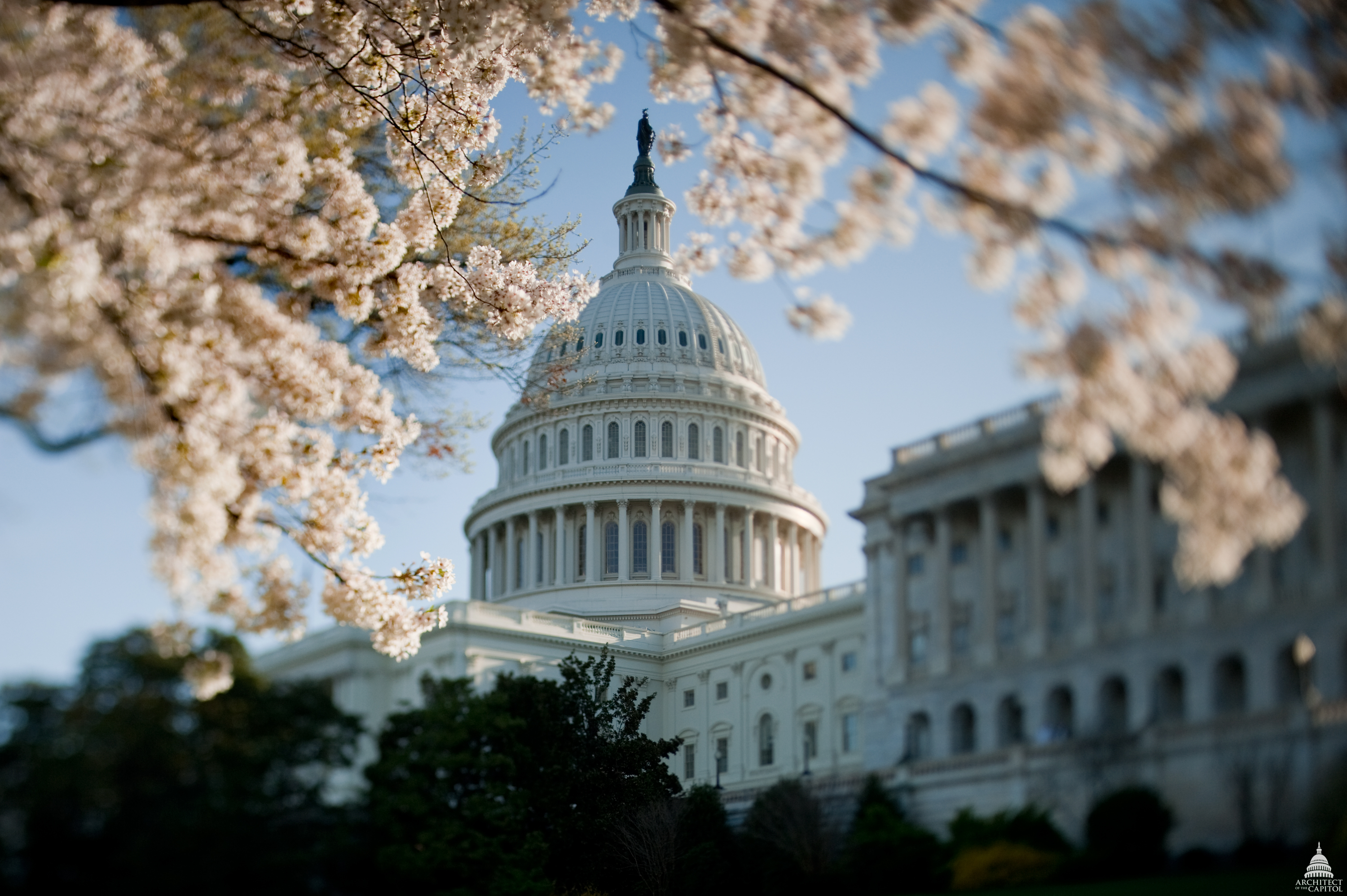NDAA Passes Without Sec. 230 Amendments
President has threatened to veto without social media restriction

The smarter way to stay on top of the streaming and OTT industry. Sign up below.
You are now subscribed
Your newsletter sign-up was successful
The 2021 National Defense Authorization Act (NDAA) has passed the Senate and without the Sec. 230 amendments that would have taken aim at social media's immunity from civil liability over third party content moderation, according to various tech groups tracking the bill.
But it does have a bill that would use at least $750 million in spectrum auction proceeds over a five-year period in grants to support supply chain innovation and multilateral security.
President Trump has threatened to veto the must-pass bill without the Sec. 230-targeted elements as he continues an effort to regulate sites like Twitter and Facebook that have raised red flags about his election fraud claims and more.
Also Read: States, FTC Sue Facebook, Charging Unlawful Monopoly
The bill does have plenty in it that the tech industry was applauding, including "bolstering U.S. cybersecurity defenses, modernizing its technology, and enhancing U.S. leadership in innovation," said Gordon Bitko, senior VP at tech trade association ITI.
Sen. Roger Wicker (R-Miss.), chairman of the Senate Commerce Committee, seconded that assessment. “Our nation’s investments in research, development, and innovation have made the U.S. a global leader in science and technology,” said Wicker. “This year’s NDAA would support the advancement of next-generation technologies and generate cutting-edge breakthroughs in cybersecurity," said Wicker.
Among the bills that came out of the committee and went onto the NDAA were:
The smarter way to stay on top of the streaming and OTT industry. Sign up below.
1. The CYBER LEAP Act, which directs the Secretary of Commerce "to establish challenges to achieve high-priority breakthroughs in cybersecurity."
2. S. 3717, Sec. 1084, the Spectrum IT Modernization Act, which "will require the National Telecommunications and Information Administration (NTIA) and other federal agencies to outline a plan for modernizing the information technology infrastructure used for the management of federal spectrum;" and
3. S. 3189, USA Telecommunications (ORAN) Act, which would allocate either 5% of proceeds from FCC spectrum auctions over five years, or $750,000,000 (whichever is greater) into a Public Wireless Supply, "a new grant program through the National Telecommunications and Information Administration (NTIA) to promote technology that enhances supply chain security and market competitiveness in wireless communications networks."
Contributing editor John Eggerton has been an editor and/or writer on media regulation, legislation and policy for over four decades, including covering the FCC, FTC, Congress, the major media trade associations, and the federal courts. In addition to Multichannel News and Broadcasting + Cable, his work has appeared in Radio World, TV Technology, TV Fax, This Week in Consumer Electronics, Variety and the Encyclopedia Britannica.

